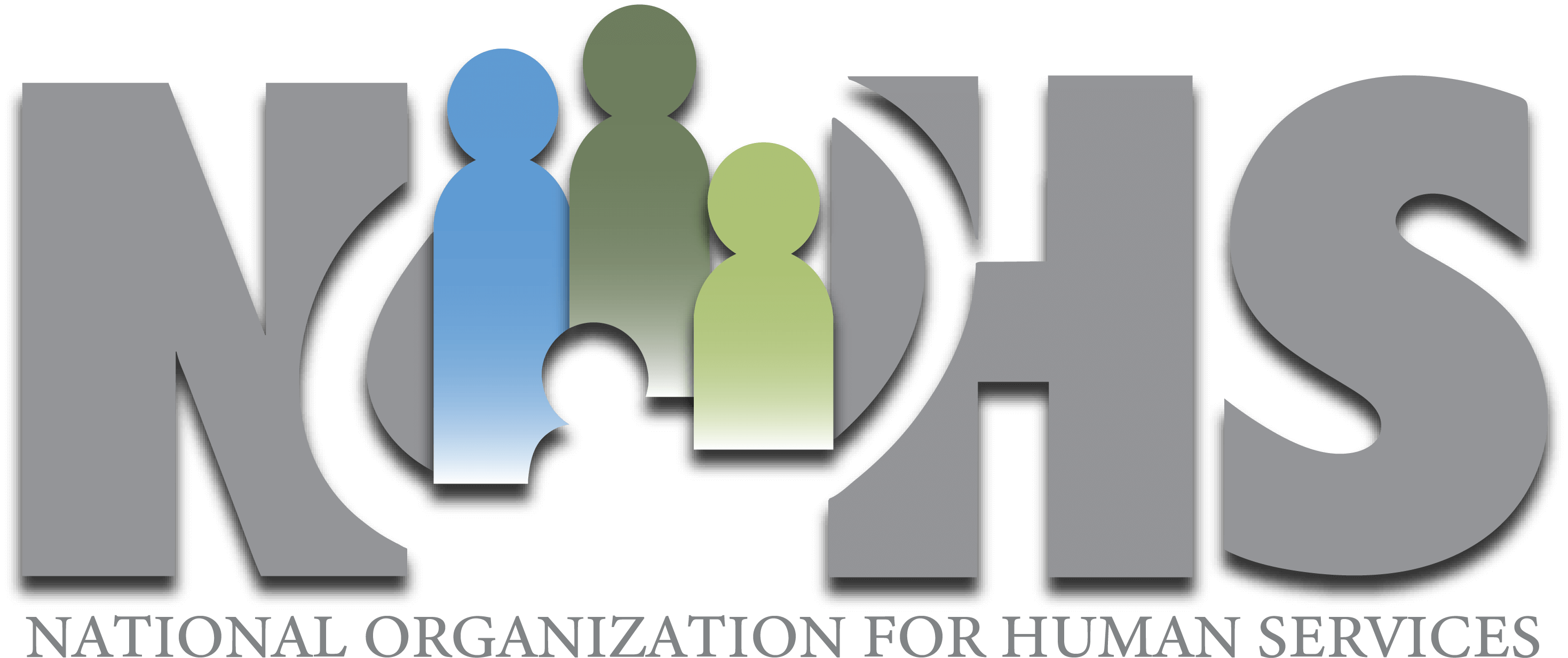Human Services Professional vs. Human Services Practitioner
The terms "Human Service Professional" and "Human Services Practitioner" are often used interchangeably, but they can also carry slightly different connotations depending on the context and region. Both roles involve working in the field of human services, which focuses on helping individuals and communities improve their well-being and quality of life. Here are some distinctions that can be made between the two:
- Terminology:
- Human Service Professional is a more general term that encompasses a broader range of professionals in the human services field. It may include those with varying levels of education and experience, potentially holding administrative or managerial roles within non-profit organizations, government agencies, or other settings. These professionals oversee programs, budgets, and policy development, often focusing on program coordination, community outreach, advocacy, or support services. While they are vital in supporting individuals and communities, their roles may involve less direct clinical care than Human Services Practitioners.
- Human Services Practitioner typically refers to professionals who are trained and qualified to provide specialized clinical or therapeutic services within the field of human services. They often hold degrees (e.g., Bachelor's, Master's, or Doctoral degrees) in fields of human services, social work, psychology, counseling, or related disciplines. Some may also seek additional credentials, such as becoming a Human Services – Board Certified Practitioner (HS-BCP) through the CCE. These practitioners have advanced clinical training and may provide direct client services, including counseling, therapy, case management, or other clinical interventions. They may also hold licenses (e.g., licensed social workers or counselors) and provide direct clinical care to individuals and communities.
- Education and Training:
- Human Service Professionals may come from diverse backgrounds, including those without formal degrees in the mentioned fields. They might have received on-the-job training, micro-credentials, and/or certifications in specific areas of human services. Could also have more advanced education in an Associate’s or Bachelor's degree; many times with focus in administration within nonprofit, public services, government relations, etc.
- Human Services Practitioners typically have formal education and training in fields such as human services, social work, psychology, counseling, sociology, or related disciplines. They often hold degrees (e.g., Bachelor's or Master's) and, in some cases, professional licenses (e.g., licensed social workers or counselors).
- Roles and Responsibilities:
- Human Service Professionals often have a broader range of responsibilities, focusing on roles like community outreach, advocacy, program coordination, or support services. Their work may be more community-based and involve less direct clinical care.
- Human Services Practitioners tend to specialize in roles such as licensed therapists, clinical social workers, counselors, or case managers. They provide direct clinical or therapeutic services, often with more extensive legal and ethical responsibilities.
- Ethical Standards:
- Both Human Service Professionals and Human Services Practitioners are held to ethical standards and codes of conduct established by professional organizations and licensing boards. They must adhere to these standards in their practice.
It's crucial to note that the terminology and distinctions between these terms can vary depending on the region, organization, or specific job context. In some places, both terms may be used interchangeably, while in others, there may be more rigid distinctions based on education, training, and roles. Ultimately, both Human Service Professionals and Human Services Practitioners play essential roles in supporting individuals and communities in need.
|
